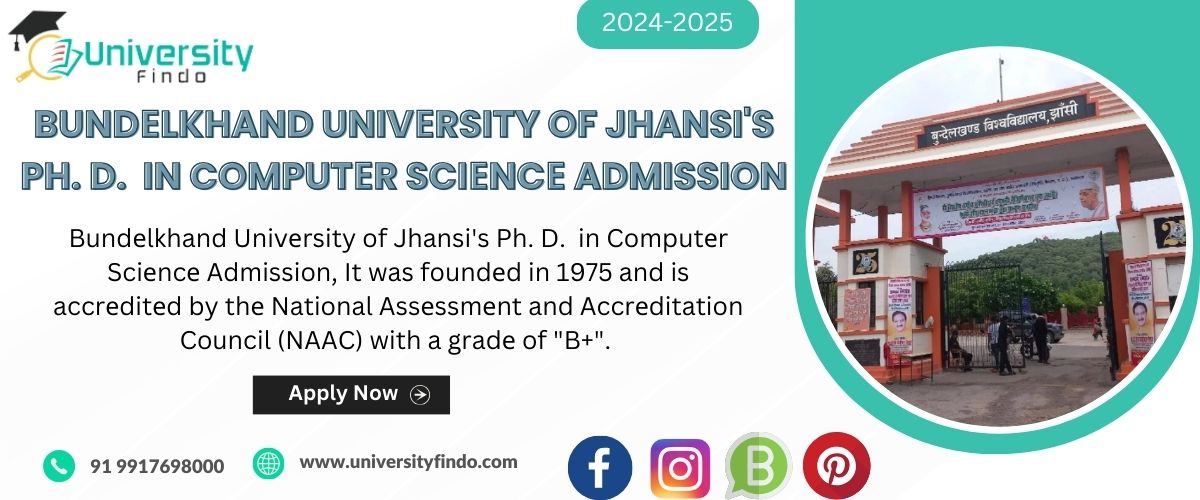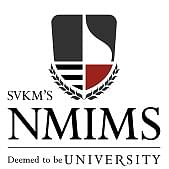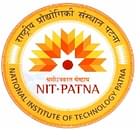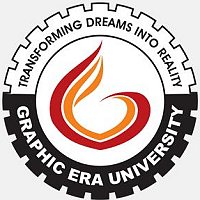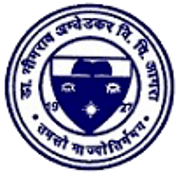Tula Institute: DDT
Introduction, Admission, Eligibility, Duration, Syllabus
Introduction about DDT
The Diploma in Dialysis Technician is a specialized healthcare program by The Best University in Dehradun that trains individuals to operate and maintain dialysis machines, assisting patients with renal disorders. This comprehensive diploma covers theoretical and practical aspects, including anatomy, physiology, and pathology of the kidneys, as well as dialysis procedures and patient care. Students learn to monitor vital signs, administer medications, and ensure the proper functioning of dialysis equipment. The program aims to produce skilled healthcare professionals capable of providing essential support in renal care settings, offering critical services to individuals undergoing dialysis for kidney-related conditions.
Top of Form
Top of Form
Top of Form
Top of Form
Top of Form
Top of Form
Top of Form
How can I apply for admission to DDT?
1.
The process for applying to Top
Institute in Dehradun for DDT), follow these general steps:
- Research
Institutions:
- Identify
educational institutions that offer the DDT program. This could include
universities, colleges, or vocational training institutes.
- Check
Eligibility:
- Review
the eligibility criteria set by the institution. Common requirements may
include a high school diploma or its equivalent with a background in
science subjects.
- Application
Form:
- Obtain
the application form from the institution's official website or admission
office. Some institutions may provide online application options.
- Complete
Application:
- Fill
out the application form with accurate and relevant information. Pay
attention to any supporting documents or application fees that may be
required.
- Submit
Documents:
- Prepare
and submit the necessary documents, such as academic transcripts,
certificates, proof of identity, and passport-sized photographs. Ensure
that you meet any specific document requirements mentioned by the
institution.
- Application
Fee:
- Pay
the application fee, if applicable, as per the institution's
instructions.
- Entrance
Exams (if applicable):
- Some
institutions may conduct entrance exams as part of the admission process.
Be aware of any required exams and prepare accordingly.
- Interview
(if applicable):
- Prepare
for any interviews or counseling sessions that the institution may
conduct as part of the selection process.
- Application
Submission:
- Submit
the completed application form and supporting documents by the specified
deadline. This can often be done online or by physically submitting the
documents to the institution.
- Check
Admission Status:
- Monitor
the institution's communication channels to check for updates on your
admission status. This may include emails, official website
notifications, or physical admission letters.
What is the eligibility for DDT?
The eligibility criteria
for a Diploma in Dialysis Technician (DDT) program can vary depending on the
institution offering the program. However, here are common eligibility
requirements:
1.
Educational Qualifications:
·
Applicants typically need to have completed their higher
secondary education (10+2) in the science stream. The science subjects may
include Biology, Chemistry, and Physics.
2.
Minimum Percentage:
·
Some institutions may specify a minimum percentage or grade
requirement in the qualifying examination (10+2).
3.
Age Limit:
·
There is usually no specific age limit, but some institutions
may have age-related eligibility criteria. Check the age requirements of the
institution you are interested in.
4.
Entrance Exams (if applicable):
·
Certain institutions may conduct entrance exams as part of the
admission process. Qualifying in these exams may be a requirement for
admission.
5.
Medical Fitness:
·
Some institutions may require candidates to meet specific
medical fitness standards, as working in a healthcare setting may involve
responsibilities related to patient care.
6.
Nationality:
·
In most cases, DDT programs are open to both Indian and
international students. However, specific institutions may have
nationality-related criteria.
Top of Form
How long does it take to complete
DDT?
The
duration of a Diploma in Dialysis Technician (DDT) program typically spans two
years. This comprehensive program combines theoretical knowledge and practical
skills necessary for individuals to become proficient in operating and managing
dialysis machines. Students learn about renal anatomy, physiology, and
pathology, alongside practical aspects of dialysis procedures and patient care.
The curriculum covers vital topics such as monitoring vital signs,
administering medications, and ensuring the proper functioning of dialysis
equipment. The two-year timeframe encompasses classroom instruction, laboratory
training, and hands-on clinical experience, preparing graduates to contribute
effectively in healthcare settings specializing in renal care and dialysis
services.
Top of Form
Top of Form
Top of Form
Top of Form
Top of Form
Top of Form
Top of Form
T
Internship opportunities after
completing DDT?
After completing DDT at The
Best Institute of India there are several internship
opportunities available in various sectors of the science. Here are some
potential areas where you can find internship opportunities:
1.
Dialysis Centers:
·
Interning at dialysis centers allows students to apply their
knowledge in a clinical setting, assisting with dialysis procedures and patient
care.
2.
Hospitals:
·
Many hospitals have dialysis units where DDT graduates can
intern, working alongside healthcare professionals and gaining hands-on
experience.
3.
Medical Clinics:
·
Interning in nephrology or renal care clinics provides exposure
to various aspects of dialysis and patient management.
4.
Research Institutions:
·
Some graduates may find internships in research institutions
focused on renal diseases, contributing to studies and advancements in dialysis
technology.
5.
Educational Institutions:
·
Interning in educational institutions with dialysis technology
programs may involve assisting instructors, gaining teaching experience, or
contributing to research projects.
6.
Rehabilitation Centers:
·
Certain rehabilitation centers may offer internships where
students can work with patients undergoing dialysis as part of their recovery process.
7.
Home Healthcare Services:
·
Some home healthcare providers offer internships, allowing
students to gain experience in providing dialysis services in home settings.
8.
Specialized Clinics:
·
Interning in specialized clinics that focus on specific renal conditions
or provide comprehensive renal care services.
Syllabus of DDT?
The syllabus of a Diploma
in Dialysis Technician (DDT) typically encompasses a comprehensive study of
renal physiology, anatomy, and pathology. Students learn the principles and
techniques of dialysis, including hemodialysis and peritoneal dialysis. The
curriculum covers topics such as patient assessment, infection control, and
medical ethics. Practical training includes hands-on experience in operating
dialysis machines, monitoring patients during procedures, and managing
dialysis-related complications. Additionally, the syllabus often includes
coursework in healthcare communication, medical documentation, and the
integration of technology in dialysis settings. The goal is to equip graduates
with the knowledge and skills needed to work effectively in renal care and
dialysis units.
Top of Form
Top of Form
Top of Form
Top of Form
Top of Form
Top of Form
Top of Form
Top of Form
Conclusion:
If you want
to take admission DDT and for more detail kindly contact with us :
www.universityfindo.com

